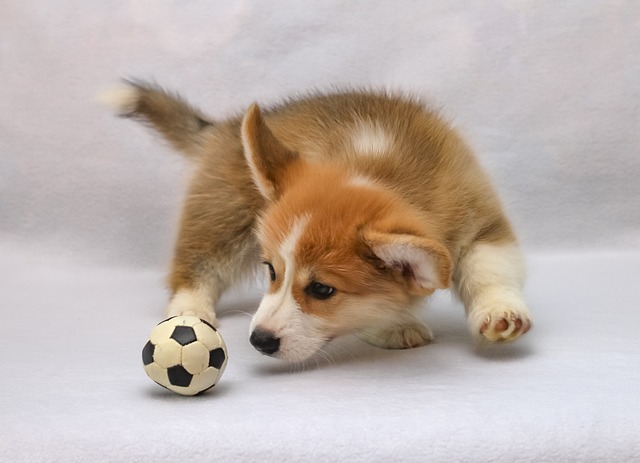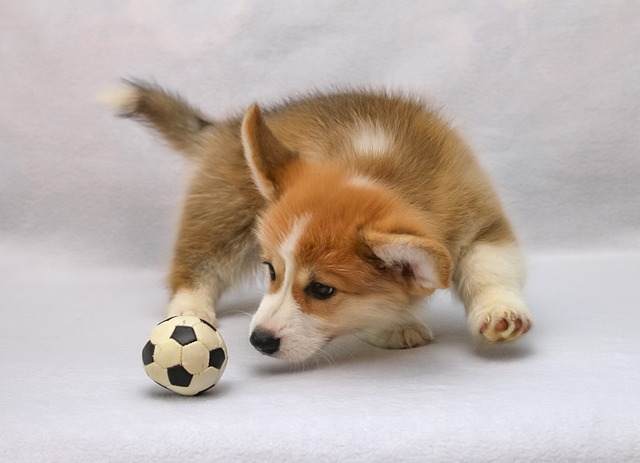Imagine coming home to find your dog restless, pacing, and repeatedly trying to vomit but nothing coming up. As a new dog owner in the U.S., these concerning signs might leave you worried and wondering: How do I tell if my dog has GDV? Gastric Dilatation - Volvulus (GDV), commonly known as bloat, is a life - threatening condition that requires immediate attention. Knowing the warning signs could save your furry friend’s life.
GDV primarily affects deep - chested dog breeds like Great Danes, German Shepherds, and Standard Poodles, but it can occur in any dog. The condition happens when the stomach fills with gas, food, or fluid, causing it to expand. In severe cases, the stomach can twist on itself, cutting off blood flow to vital organs. This lack of blood supply leads to tissue damage and can quickly become fatal. Risk factors include rapid eating or drinking, exercise after meals, and a history of GDV in the dog’s family. Understanding these underlying causes helps explain why recognizing the symptoms early is crucial.
Several key symptoms can indicate GDV. Look for restlessness or an inability to get comfortable, as the dog may keep pacing, stretching, or repeatedly lying down and getting up. Retching or unproductive vomiting, where the dog appears to vomit but nothing comes out, is a telltale sign. Your dog might also have a distended abdomen that feels firm or hard to the touch. Other signs include excessive drooling, weakness, and a rapid heart rate. If you notice any combination of these symptoms, don’t wait—GDV is a medical emergency. Time is of the essence, so call your vet or head straight to the nearest emergency animal hospital.

In the American pet - owning community, being vigilant about your dog’s health ties into broader responsibilities. While there are no specific laws regarding GDV, ensuring your dog’s regular vaccinations are up - to - date, as required by state law, helps maintain overall health and reduces the risk of other preventable conditions. When living in apartments, be mindful of your dog’s eating habits. Avoid leaving food out all day, which can encourage rapid eating. During community walks, if your dog shows signs of distress, prioritize their well - being and seek help immediately. Remember, positive training methods to encourage slow eating, like using puzzle feeders, are better than punishment - based approaches. This aligns with the animal welfare values in the U.S. Also, always clean up after your dog in public areas to be a responsible pet owner.
GDV is a serious condition, but by knowing what to look for and acting quickly, you can give your dog the best chance of survival. If you ever suspect GDV, trust your instincts and get professional help right away. Your awareness and prompt action could make all the difference in your dog’s health and happiness.






